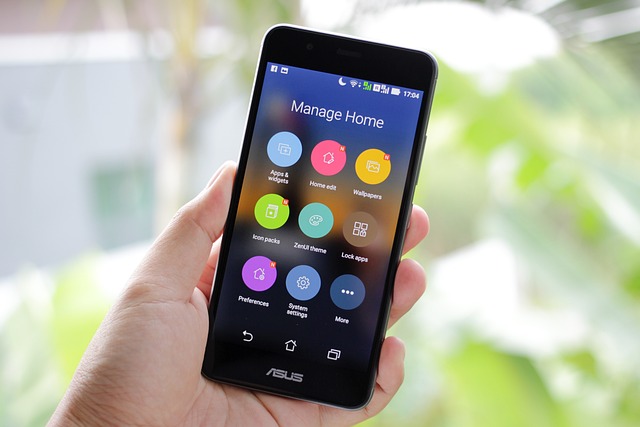Unwanted text messages (spam) from law firms are a common problem in Rhode Island, but residents have several protections. The state's Do Not Call Registry allows individuals to block marketing texts from law firms and commercial entities, while the Telephone Consumer Protection Act (TCPA) restricts automated business messages without consent. Mobile device features and apps further assist in blocking spam. Residents can register their numbers on the Do Not Call Registry online or by phone, significantly reducing unwanted communications and reclaiming control over their digital experience.
Rhode Island residents often face the nuisance of unwanted text messages, with marketing companies employing aggressive tactics. Understanding your rights under the state’s Do Not Call laws is crucial. This article explores effective tools and strategies to combat these messages, empowering you to take control. We delve into the legal framework surrounding unsolicited text ads and present a comprehensive guide to blocking them. Learn how to register with the Do Not Call list and discover tech-based solutions, ensuring peace of mind in a digital age, especially when dealing with persistent Do Not Call law firms in Rhode Island.
Understanding Unwanted Text Messages and Their Legal Framework in Rhode Island

Unwanted text messages, often referred to as “spam,” are a common nuisance in today’s digital age. In Rhode Island, like many other states, there is a legal framework in place to protect residents from these intrusive messages, particularly those from unknown or unauthorized sources. The Do Not Call Registry plays a pivotal role in this regard, allowing individuals to register their phone numbers and restrict marketing calls and texts.
Rhode Island’s laws regarding unsolicited text messages are designed to safeguard consumers’ privacy and peace of mind. Under the Telephone Consumer Protection Act (TCPA), businesses are prohibited from sending automated or prerecorded messages without prior express consent. This legislation extends to text messaging, ensuring that companies must obtain permission before bombarding consumers with promotional content. Consumers in Rhode Island can take advantage of these legal protections by registering their numbers on the Do Not Call list and seeking legal recourse if they experience persistent unwanted text messages from law firms or other entities.
Available Tools to Block Text Messages: A Comprehensive Overview

In today’s digital age, unwanted text messages can be a constant nuisance, but several tools are available to help Rhode Island residents reclaim their peace of mind. One effective method is utilizing built-in features on mobile devices that allow users to block specific numbers. Most smartphones offer do-not-disturb modes and contact blocking options, providing an initial layer of protection against unwanted communications.
Additionally, dedicated apps designed for call and text filtering can be downloaded from app stores. These tools often use advanced algorithms and blacklisting techniques to identify and automatically block spam messages, including those from law firms or other nuisance senders. By integrating with your device’s operating system, they offer a comprehensive solution tailored to Rhode Island users’ needs, ensuring that unwanted text messages are kept at bay.
Implementing and Effective Do Not Call Registry for Rhode Island Residents

In an effort to curb unwanted text messages, Rhode Island residents can leverage a powerful tool—the Do Not Call Registry. This state-mandated registry allows individuals to opt-out of receiving telemarketing texts from various sources, including law firms and other commercial entities. By registering their phone numbers, residents ensure that their privacy is protected and they receive fewer irrelevant messages.
The process is straightforward: Rhode Island residents can register online or by phone, providing their contact information. Once registered, the Do Not Call Registry ensures that any text message sent from a participating company will be blocked or filtered. This measure significantly reduces the volume of unwanted messages, making it easier for residents to manage their communication and maintain control over their digital space.






